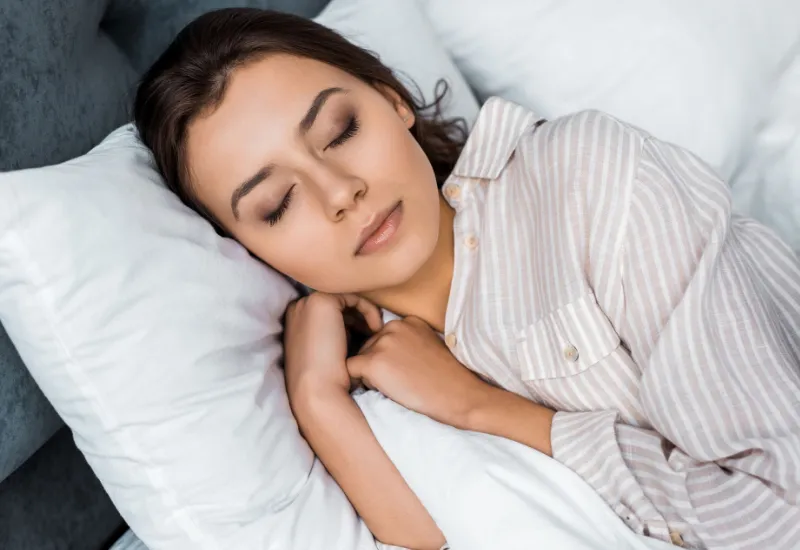Napping in many cultures is looked down upon, or is considered something that is not very important. It is okay for children to nap for a few minutes, but napping for adults is not supported that wholeheartedly in societies. It is usually expected of them to go on performing at their finest with the few hours of sleep that they have had. It is quite natural for many to feel drowsy after lunch. A nap can be helpful to increase patience, lessen
stress, enhance learning, and make you a little more efficient.
According to
sleep experts, human beings need at least 7-9 hours of sleep on any given day. You need to keep regular hours of sleep since if you sleep poorly one day, you will feel its effects on the next. The 'sleep deficit' that you build in this manner will affect your reaction time, judgment, vision, information processing, short-term memory, performance, motivation, vigilance, patience, and you'll be more prone to being moody, stress or aggressive behaviors.
A power nap is a wonderful thing for health. According to experts, just under 20 minutes of sleep in the afternoon is enough to make you feel well-rested. An afternoon nap is amazing as the human body gets tired in the afternoon and needs some rest after eight hours of waking up.
As you probably know, you go through various stages of consciousness while you sleep, something that is called a sleep cycle. The different sleep stages are light sleep, deep sleep, and rapid-eye-movement sleep, better known as REM. The ideal nap should be somewhere between 15 and 30 minutes. Anything more than that means deeper states of sleep, and it becomes difficult to wake up from the naps quickly. Another problem is that longer naps might make it impossible for you to sleep at night.
Some new researches are now showing that sleeping for a whole hour is better for health than sleeping for just 30 minutes. It helps in better cognitive learning and has better therapeutic effects. The key to understanding this is to figure out how your sleep cycles work. It is the abrupt interruption of the sleep cycle that makes you tired.
Experts suggest that if you have some time to spare and you are feeling groggy, you must take those fifteen minutes to close your eyes and take a nap. It seems a bit far-fetched, but according to some experts, by taking regular naps, you can complete a whole sleep cycle without having to sleep at night.
Therefore, take that small nap, so it reduces stress and helps you relax a bit. It will provide you with more energy to focus on the tasks that you must. Taking a nap is different from microsleep, but it is just as effective in relaxing your body. Once you're done with your power nap, you will find that you are ready to take on the rest of the day and are in a much better mood.
If you want to get more benefits out of naps, you can follow some tips suggested by experts. You must avoid all kinds of caffeinated drinks after 3 pm. Even if you feel caffeine doesn't affect your sleep, it does as it stays in your system for atleast four to six hours. Use an alarm if you don't want the nap to prolong. Do not snooze the alarm to sleep for 'just' a few more minutes in the morning because that hardly ever helps.
In the end, if you are running out of time, you can try to meditate instead of napping, as that can relax your body and produce similar brain waves as a sleep episode.












